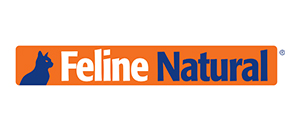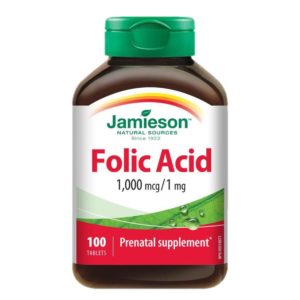
Dietary Precautions for Pregnant Women
The food you eat during pregnancy or breastfeeding can affect your child's health. Pregnant women need to consume more nutrients than usual to meet the needs of both themselves and the fetus, often facing the risk of malnutrition. This risk is higher in some women, such as those on special diets, smokers, and those who are underweight or overweight. Eating high-quality food during this period helps prevent the risk of your child developing certain health conditions later in life. During fetal development, good maternal nutrition ensures that the baby receives sufficient nutrients before birth to form healthy tissues, organs, and bones, and it also provides all the nutrients needed for the child's development in breast milk.
Related reading:Dietary guidelines during pregnancy
Nutritional needs and quality during pregnancy
Calorie intake
Healthy women of normal weight only need a moderate increase in calories during pregnancy. It is always recommended that pregnant women adjust their carbohydrate intake to avoid the risk of excessive weight gain. You can achieve a healthy calorie level by slightly increasing your intake of protein and fats. The world standard for calorie intake during pregnancy is:
1. Consume 69 kcal per day for the first three months;
2. During the second trimester, the daily intake should be 266 kcal.
3. During the later stages of pregnancy, a daily intake of 496 kcal is required.
Recommended supplement: Qileda Prenatal Multivitamin Soft CapsulesThis supplement contains 21 different vitamins, minerals, and unsaturated fatty acids (EPA & DHA) to provide expectant mothers with the necessary nutrients to help their babies develop healthily.
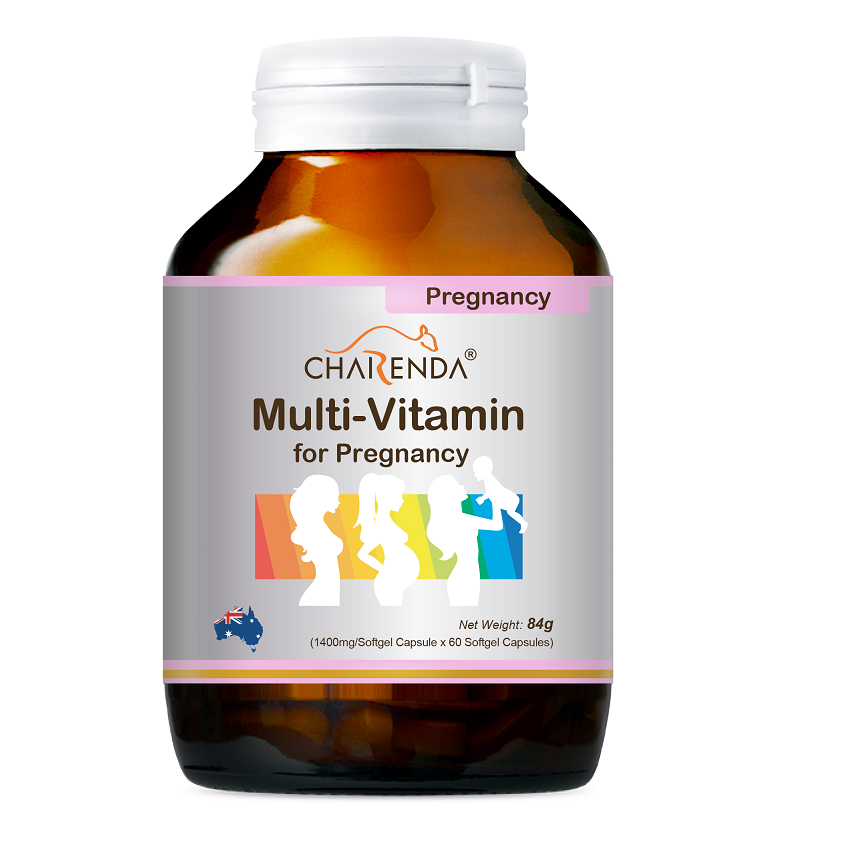
protein
A pregnant woman's protein requirements increase during the second and third trimesters, as the fetus needs to synthesize more protein to build tissues and sustain development. The average protein requirement for a pregnant woman is:
- For the first three months, consume 1g of protein daily.
- 8g of protein daily during the second trimester;
- During the later stages of pregnancy, consume 26g of protein daily.
FAT (Omega 3)
Polyunsaturated fats are essential for infant development, especiallyDHADHA isOmega-3 fatty acidsOne of the key components of breast milk is omega-3 fatty acids, which are crucial for the development of the fetus's brain and spine during pregnancy. Even after birth, infants can obtain a large amount of omega-3 fatty acids from breast milk to promote brain development and improve cognitive abilities.
- Studies have shown that women need to take 100-200mg of DHA daily during pregnancy and breastfeeding.
- Eating 2-4 servings of fish per week during pregnancy can ensure your baby's normal development.
Recommended supplement: Jamieson - High-Efficiency DHA Omega + Ginger 100 SoftgelsSpecially formulated for expectant mothers, with added ginger extract to prevent and alleviate pregnancy-related discomfort. Each capsule contains 440mg of Omega 3 fatty acids, which help promote the development of the baby's brain, eyes, and nerves.
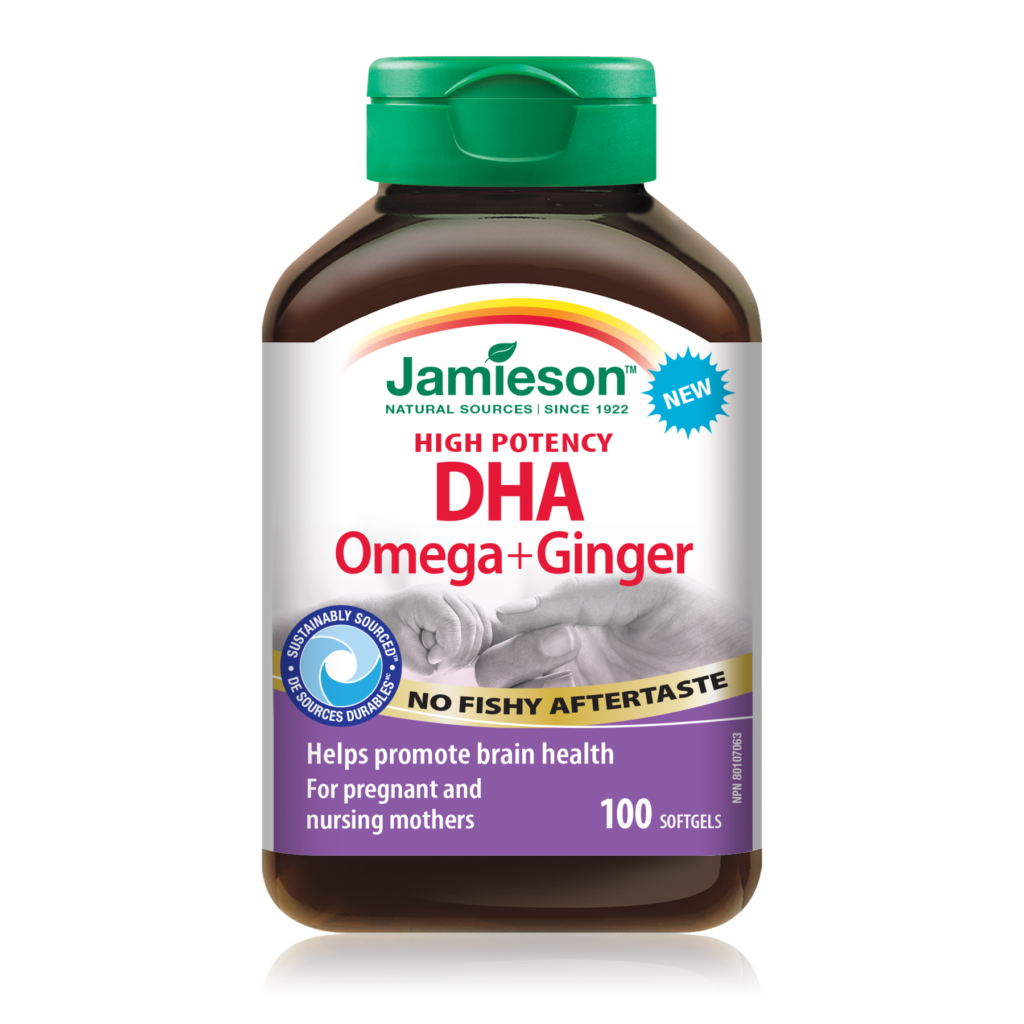
鐵
Iron is a micronutrient, and it's important to supplement with micronutrients during pregnancy. Studies show that pregnant women need even more iron during their third month of pregnancy. Iron plays a crucial role in transporting oxygen to various tissues, but iron deficiency is common in infants aged 6-36 months. Insufficient iron intake can have serious consequences, such as anemia in pregnant women. Therefore, it is recommended that pregnant women supplement with iron during pregnancy.
- The global recommendation for pregnant women's iron intake is at least 27 mg per day;
- You can also increase your intake of iron from foods rich in iron, such as lean meat, leafy green vegetables, dried fruit, and nuts;
- If your blood iron levels are low, a midwife or specialist may recommend that you take iron supplements to prevent iron loss.
Recommended supplement: Jamieson - Mild Iron Capsules—A high-iron absorption formula suitable for adult mothers. Each 28mg iron capsule helps maintain a healthy immune system and prevent iron deficiency.
碘
Iodine helps babies build healthy organs and tissues. This nutrient also stimulates many functions that control the heart, muscles, and digestion, as well as metabolic processes that support brain development and bone health. Numerous studies have linked iodine deficiency to premature birth and brain development. Doctors also recommend that pregnant women increase their iodine intake, especially after 12 weeks of pregnancy, when the fetal thyroid gland requires more iodine.
- Fish and shellfish are the main sources of iodine for pregnant women.
- Iodine is also found in vegetables and fruits, and milk, eggs and meat also contain small amounts of iodine.
- To prevent iodine deficiency, please continue to use iodized salt and supplement your diet with sufficient iodine.
鈣
Fetuses need calcium to build tender bones, and after birth, infants need calcium to form strong teeth and bones and maintain bone mass in adulthood. Calcium deficiency is a major factor affecting children's health.
Please note: Doctors recommend that pregnant women take 50mg of calcium daily until 18 weeks of gestation, and then increase the daily intake to 330mg until delivery.
Milk and its derivatives are major sources of calcium. You can supplement your calcium intake by eating the following foods during pregnancy:
- Milk, cheese, and yogurt;
- Leafy green vegetables;
- Soy milk containing calcium concentrate;
- Fortified foods such as bread and flour;
- Fish bones, such as those from sardines;
Vitamin D
Pregnant and breastfeeding women need to take 10mcg daily.Vitamin DVitamin D is produced when the skin is exposed to sufficient sunlight. Sometimes, seasonal factors can also affect vitamin D supply and increase the risk of vitamin D deficiency. Vitamin D helps regulate the levels of calcium and phosphate in the body, a function that also promotes healthy growth of strong bones, teeth, and muscles.
- It is recommended that pregnant women participate in more outdoor activities during the day;
- Foods like fish oil, eggs, and red meat are healthy sources of vitamin D.
folate
Folic acid plays a vital role in many metabolic processes in fetal cells. These chemical processes promote cell division and fetal development. Therefore, folic acid deficiency is associated with congenital...Nervous systemDefect-related. Additionally, taking folic acid supplements is relatively safe for pregnant women. Doctors recommend that pregnant women take folic acid supplements (up to 800 mcg daily) two months before conception, and then take 400-600 mcg of folic acid tablets daily during pregnancy.
Some foods containing folic acid include:
- Green Leafy Vegetables
- Fruits (such as citrus fruits)
- grain
- internal organs
Recommended supplement: Jamieson folic acid tablets 1000mcg—A high-quality choice essential for the health of pregnant women and fetuses. Taking 1000mcg of folic acid tablets helps fetal development and prevents birth defects.Nervous systemdefect。
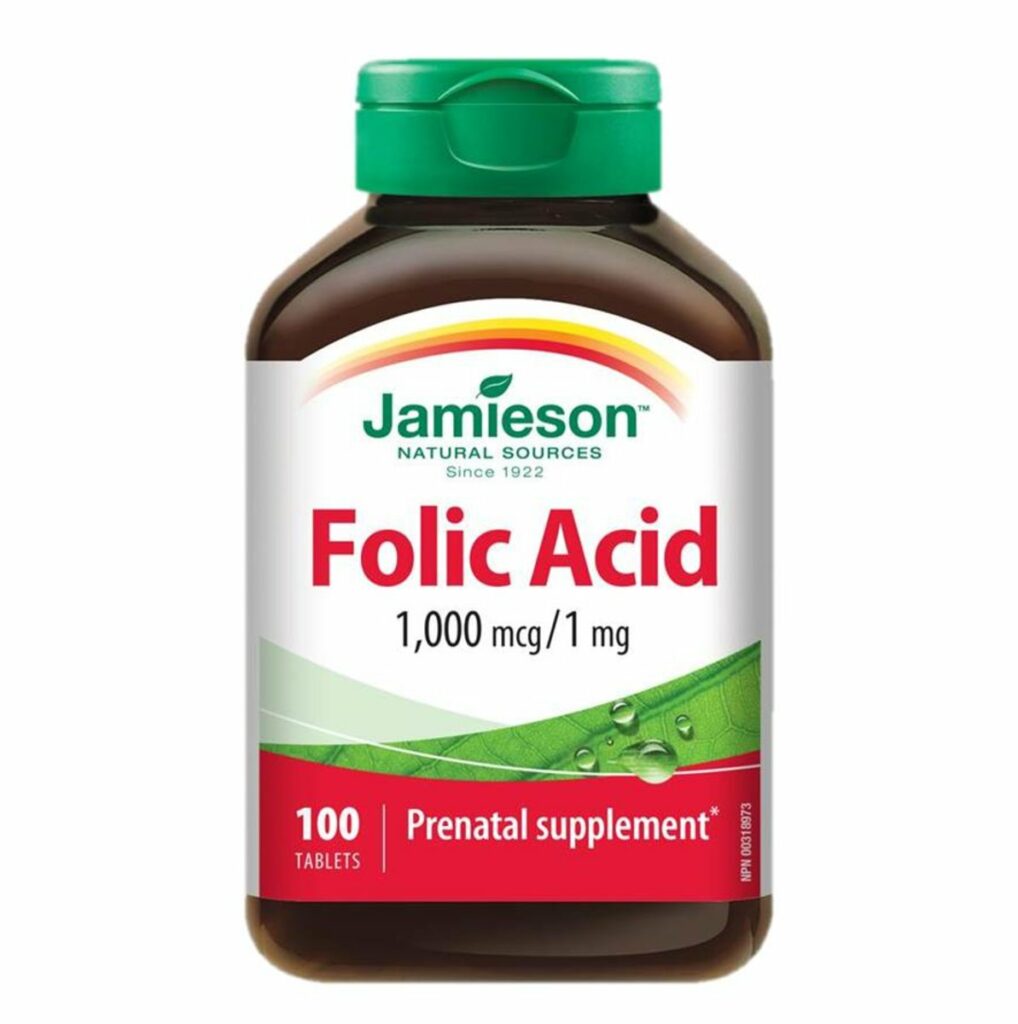
Gogo Herbs is a rapidly growing online store in Hong Kong, providing high-quality products to people across the country.Health ProductsThey offer their customers a carefully selected range of vitamins and minerals, herbal remedies, and functional foods. These potent and pure products are all beneficial to the overall health of their customers. Gogo Herbs stores offer supplements suitable for pregnant women, including premium products from some internationally renowned brands. All of their carefully selected supplements are part of our health movement to support women through a smooth pregnancy and delivery.
Related Post:
Related Products:
-
Unichi – Teddi Lab® Apple Cider Vinegar Bear Gummies Apple Lemon Flavour 60 Capsules
Original price was: $150.00.$105.00Current price is: $105.00. Add to basket -
BLACKMORES – Activated Calcium Tablets + Magnesium + Vitamin D3 200 Tablets
Original price was: $150.00.$118.00Current price is: $118.00. Add to basket








































